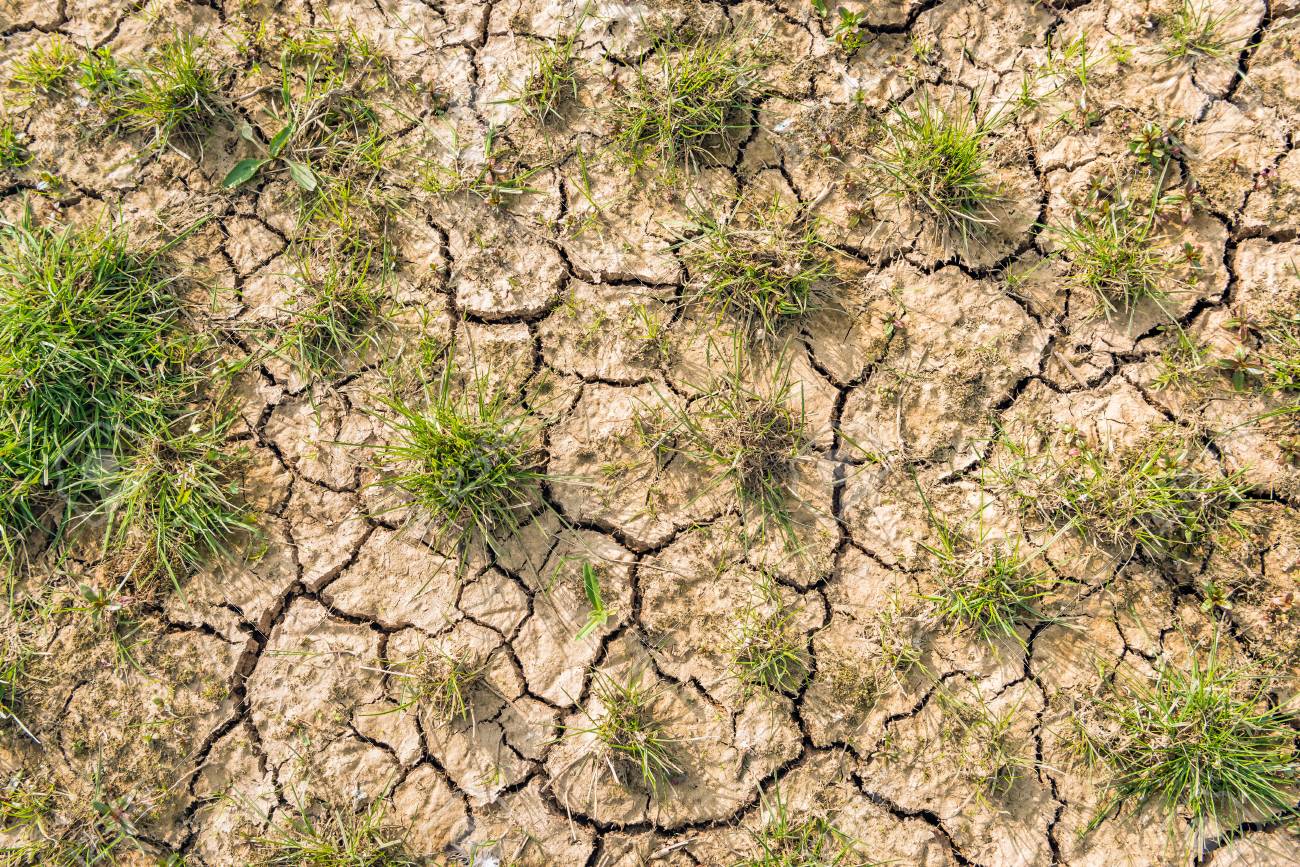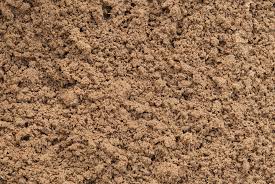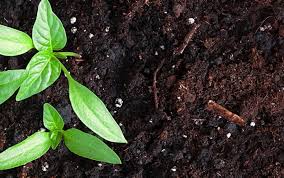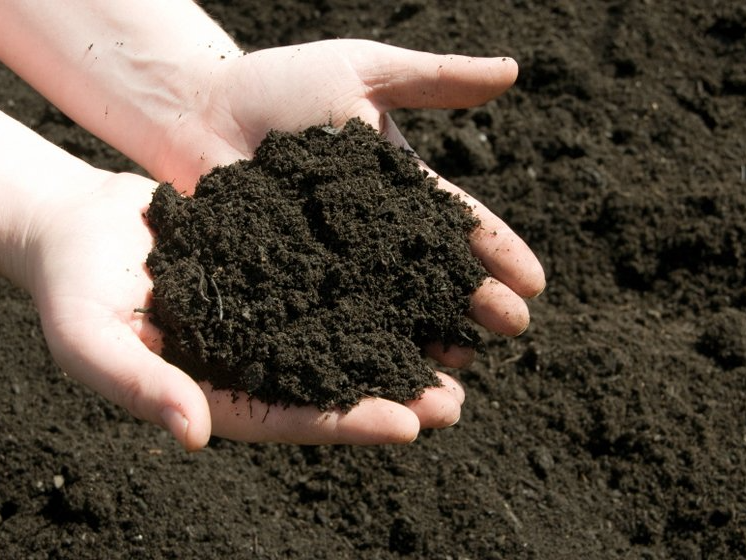mizztizzy2@gmail.com

If you are starting with this soil . . . .
In order to have healthy gardens you have to amend the soils. You can do this by tilling amendments into your soil to a depth of at least 10 to 18.” If you live in a subdivision where the topsoil has been scraped off of your property, or where retention ponds have been constructed and that soil spread on your lot, this is possibly a concern for you.

Amendments are necessary to your soils for many reasons, and these amendments can come from your own property through the fallen leaves of your own trees (chopping them with the lawn mower is a good thing to use and they are free gold - except black walnut), peat moss, very finely shredded commercial mulches, kitchen scraps (vegetable only) that have been composted, straw, hay, mushroom compost, horse manure, and green manure (such as grass clippings if they do not have any herbicides or pesticides applied) are all excellent for this purpose, and they can be tilled into your soil directly without decomposition in most cases.


After they have been tilled into your soil they will decompose and be wonderful food (nutrients) for your plants. Some feel that they need to be composted prior to using them but that this in not the case. Adding mulch and/or compost to your soil will help correct the pH of your soil and lighten it making the root growth much healthier. The lighter your poor soil has been made, the healthier your gardens will be. This cannot be stressed enough. Adding compost and green manure to your soil will also help greatly with drainage, which will help to prevent root rot, and encourage better root growth, yet also aiding in drought conditions, because the moisture content of that soil is better regulated in a natural process.

